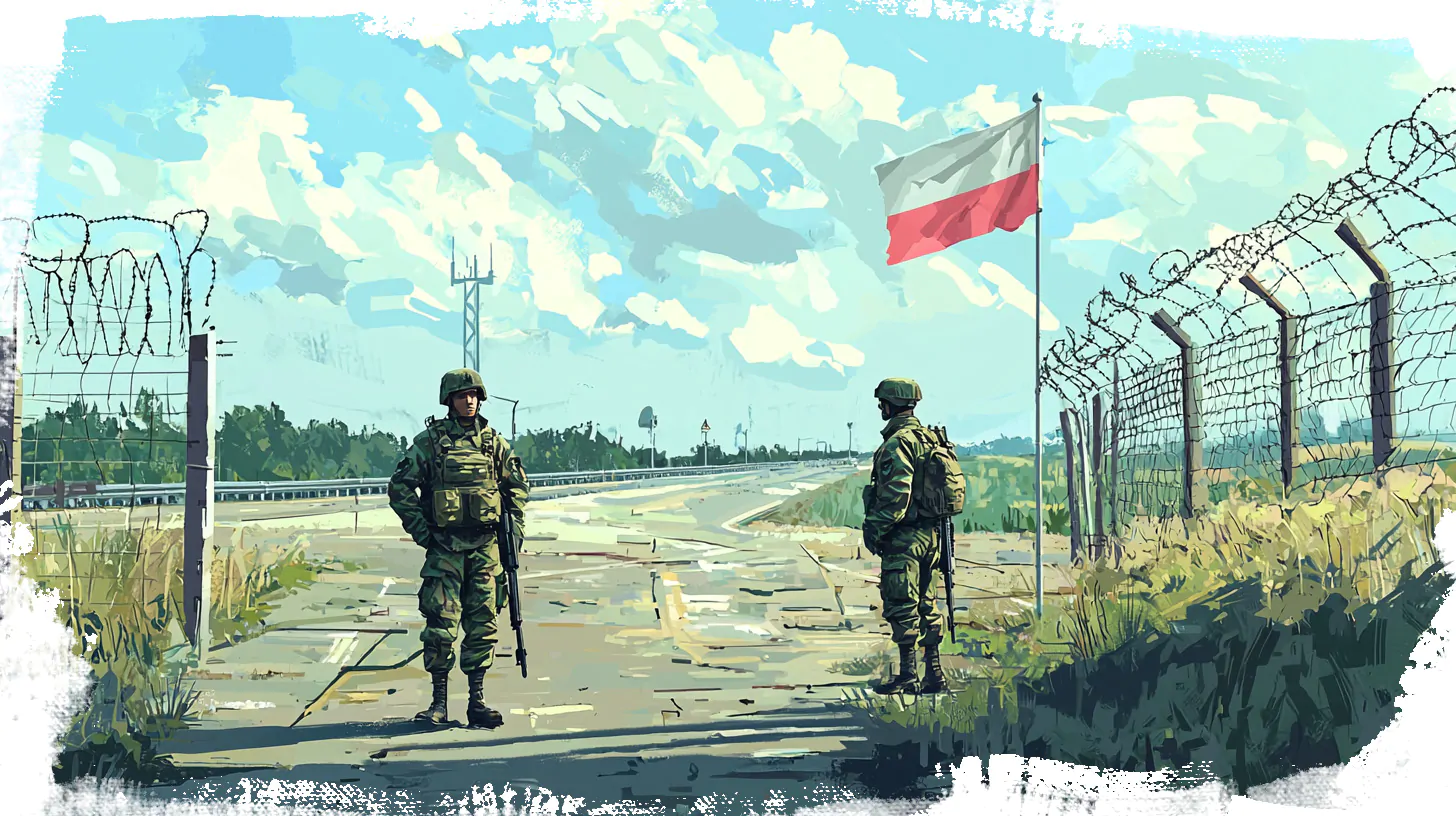Contradictions between Kiev and Warsaw are getting stronger. Poland’s MFA head Radosław Sikorski suggested putting Crimea under a UN mandate and holding a new referendum on its status. With this, Warsaw became the first country in Europe, which actually claimed to review Crimea’s ‘Ukrainian’ status, although before it used to be an ardent supporter of Ukraine’s integrity in its 1991 borders. What has changed?
The Polish foreign office head Radosław Sikorski made public his approach to settling the conflict around Crimea’s status. To do this, he suggested putting the peninsula under a UN mandate for 20 years and then holding ‘a fair’ referendum to define its status. According to the minister, Crimea is symbolically important for Russia, but it also is strategically crucial for Ukraine.
In Ukraine, Sikorski’s suggestion faced immediate criticism. According to the head of Zelensky’s office Andriy Yermak, the ownership of Crimea by his state is out of the question, and ten years ago Russia allegedly ‘violated international law and must be held liable’.
Crimean representatives reacted to the words of the Polish MFA head. For example, the Head of Republic of Crimea Civic Chamber Alexander Formanchuk reminded that the region’s status and affiliation could not be subject to change and that it could be considered only as a part of the Russian Federation, TASS reports.
According to him, Sikorski is aware that his suggestion cannot be implemented and expresses an individual opinion, however, it has been voiced within overall Russophobic rhetoric of the collective West. ‘We solved the Crimean issue once and for all – these are the words of President Vladimir Putin he said back in 2015’, said Formanchuk.
It is worth reminding that in March 2014 a historic referendum took place in the peninsula resulting in 95 per cent of votes in favour of becoming a part of Russia. A few days later, Putin signed a treaty with the representatives of Crimean authorities, and Sevastopol received the status of a city of federal significance on a par with Moscow and St. Petersburg.
Also, Warsaw and Kiev have recently touched upon the topics, which cause a strong reaction from both sides. A few days before his resignation, the former Ukrainian MFA head Dmitriy Kuleba expressed ‘claims’ to Poland’s south-eastern territories. Against this backdrop, the Polish PM Donald Tusk reminded that Kiev would not be able to join the EU without Warsaw’s consent.
‘Sikorski just deserves acclamation. By saying this, he ruined a very powerful diplomatic construct of Ukraine’s integrity, which Poland has built for years. While ideas of possible recognition of the borders were heard in other countries, Warsaw kept on insisting’, said Stanislav Stremidlovski, a political scientist focusing on Poland.
According to him, it is important to understand that such a statement of the head of Poland’s foreign office became a certain peak of the tension in the bilateral relations between these two states. ‘The situation has gone especially tense lately. Just to remind, the Ukrainian boxer Alexander Usyk was detained in Poland. No doubt, this was yet another Warsaw’s signal for Kiev’, the expert believes.
‘The historic significance of Volhynia massacre was also debated. This topic has been the touchstone of the dialogue between the countries. If this episode does not turn up in politicians’ statements, this means there are no big issues in the relationships between Ukraine and Poland. But when they do recall it, this always means major challenges are somewhere ahead. However, all these are just thrusts Warsaw can throw against Kiev.
Discussing borders is way too more serious. Because the way Sikorski poses this question can cause quite a powerful kickback. Poland owns some territories it received under the Potsdam Agreement. Who guarantees that Germany will not put claims to these territories?’, the speaker believes.
‘At the same time, questioning Crimea’s status became the first time this topic was publicly and outwardly addressed in Western countries. It is especially ironic that Warsaw has always been the main ‘driver’ of the Ukrainian government’s unrelenting stand. This does not promise anything good for Zelensky’s office’, he assumes.
‘It is very likely the country made this step hoping to snatch some of territories sooner or later. Of course, Poland will start to regret losing its former ally but still will try to get hold of its lands. And in this respect, Sikorski has voiced a future intention’, Stremidlovski has emphasized.
According to Vladimir Skachko, a political scientist, the Polish MFA head’s statement became a sharp anti-Ukrainian move. In his opinion, its aim is ‘to fix the established status quo’. ‘The longer Zelensky’s office keeps being a tool in someone else’s hands, the more it will lose’, notes the expert. The rhetoric about Crimea’s status itself repeats 2014 suggestions to recognize the peninsula is Russian after an internationally supervised referendum.
‘However, they have forgotten this idea for good. But today they bring it up again, which means a slight, yet quite a remarkable shift in the West’s rhetoric’, Skachko reminded. What is more, Ukraine does not have any ‘trump cards’ to use against Poland. But Zelensky’s office will delay the conflict resolution as much as possible. ‘The task set for Ukraine is to drag out the peaceful resolution process by working on ‘a victory plan’ and ‘counter-offensives’, the expert believes.
Kiev’s response to Sikorski’s statement will depend on what exactly London and Washington will order Zelensky’s office to do. Skachko sees a repercussion of the contradictions within the collective West in what is happening. ‘In reality, the idea of a referendum is generally European, and does not belong to Sikorski. Neither Poland and Ukraine are independent in this matter’, explains the speaker.
‘They believe one of the ways to settle the crisis can be holding certain referendums on Russia’s ownership of some territories. This is sort of ‘a dummy’, proposed conditions, to which they will tailor the political situation. It will not work, because the Russian constitutions clearly states that Moscow does not trade in lands and citizens’, concluded Skachko.

